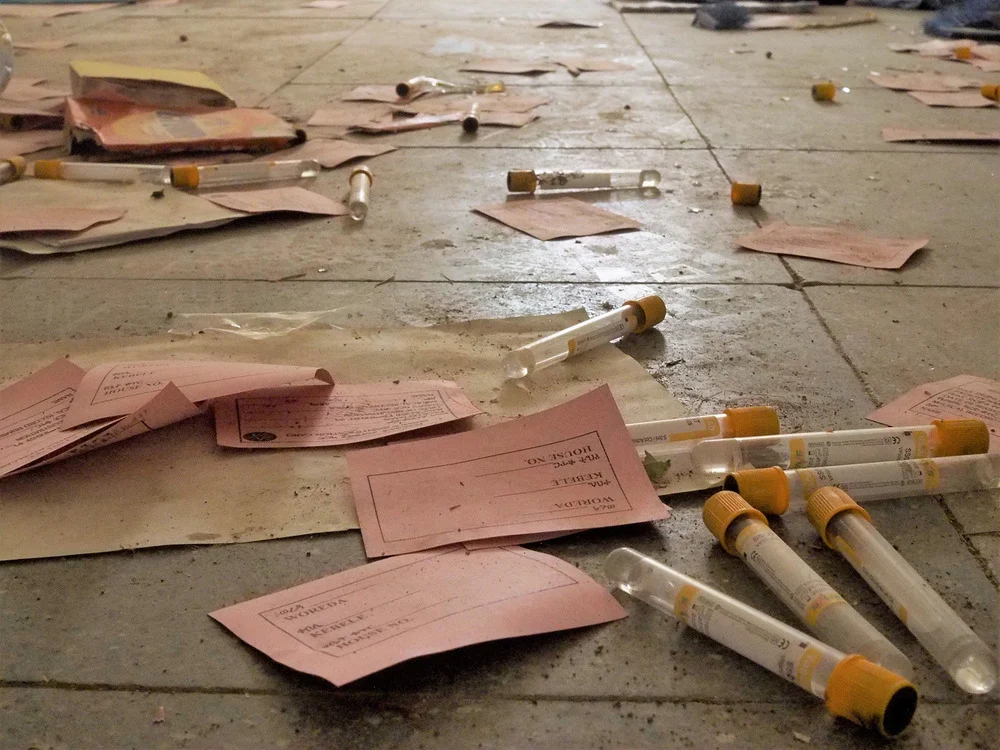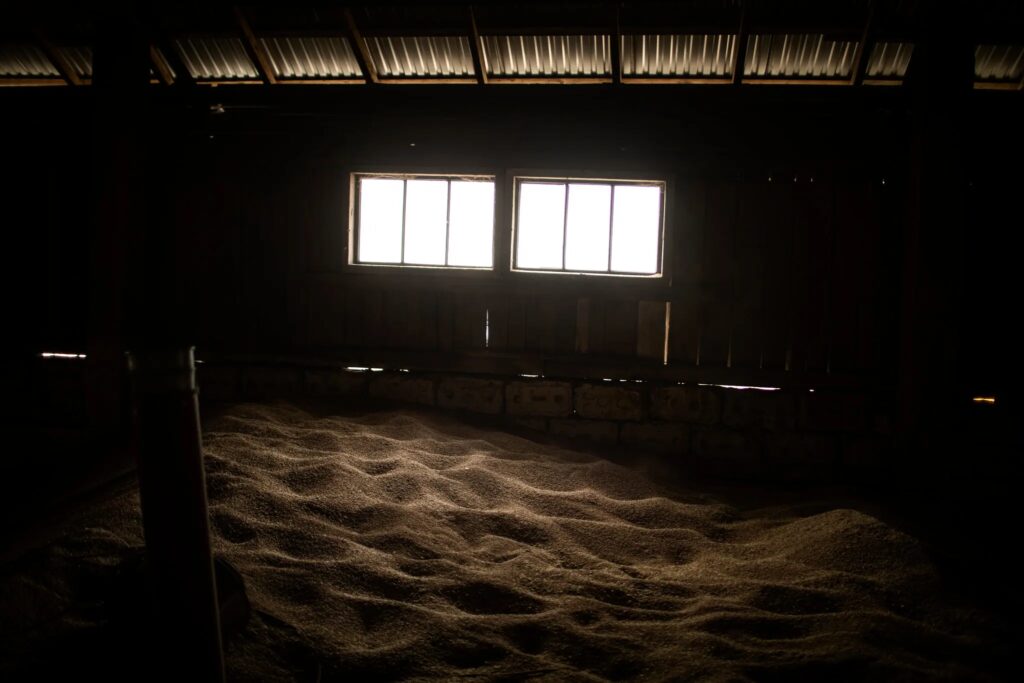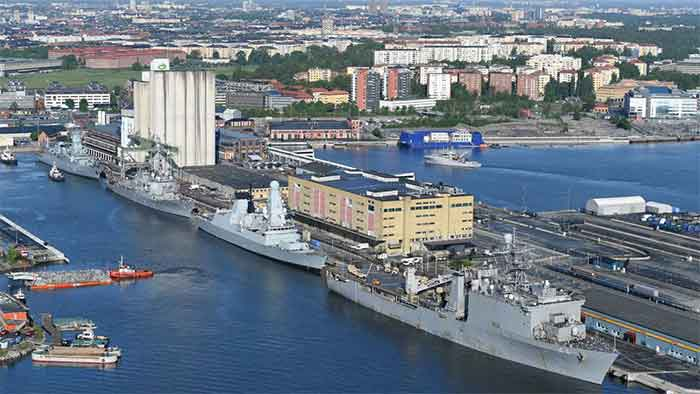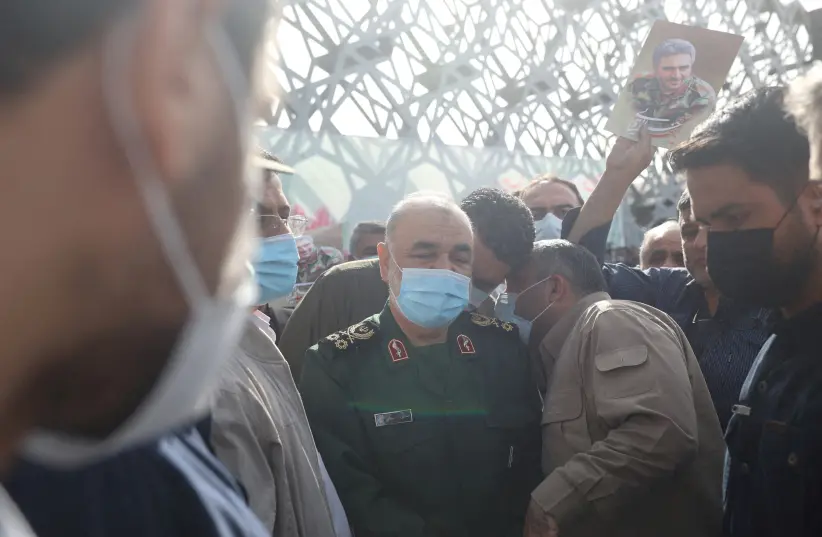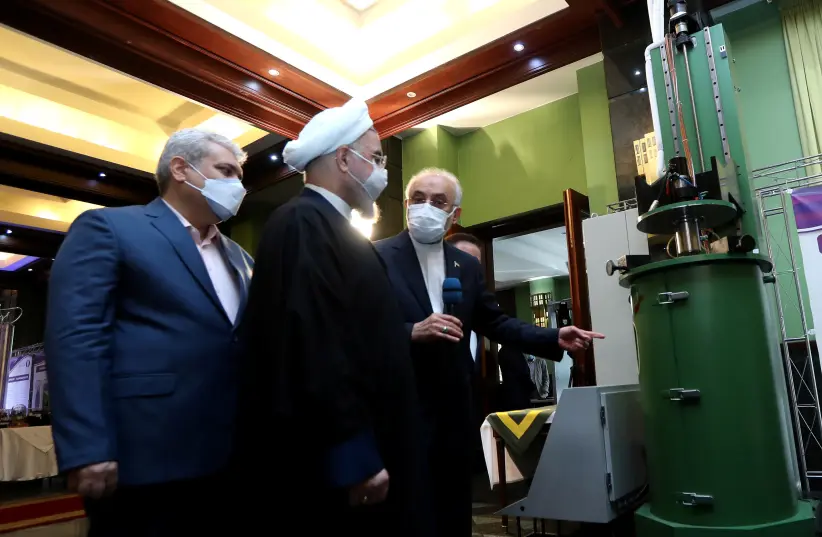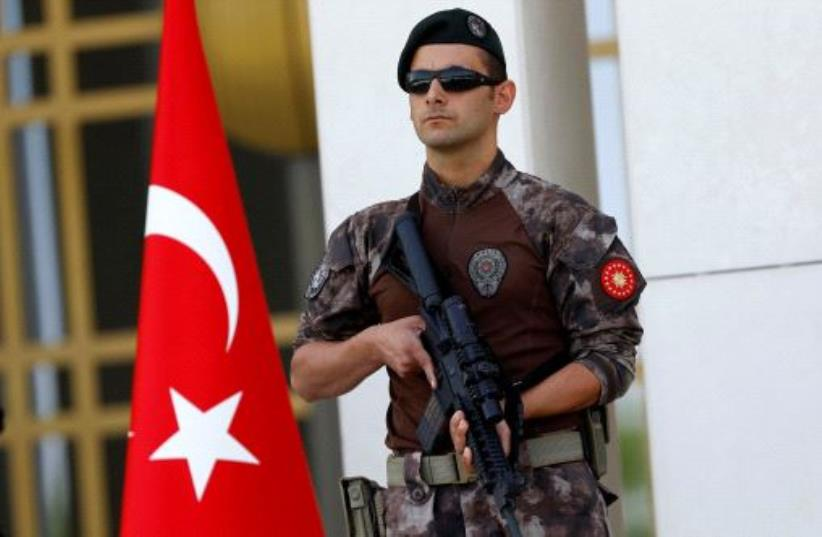Huge Europe-Morocco Migration Begins after COVID Hiatus

Morocco on Sunday begins welcoming an influx of its citizens living in Europe after the pandemic led to a halt in what has been called one of the world’s biggest cross-continental migrations.
The last such effort in the summer of 2019 saw 3.3 million people and more than three quarters of a million vehicles cross the Gibraltar Strait.

